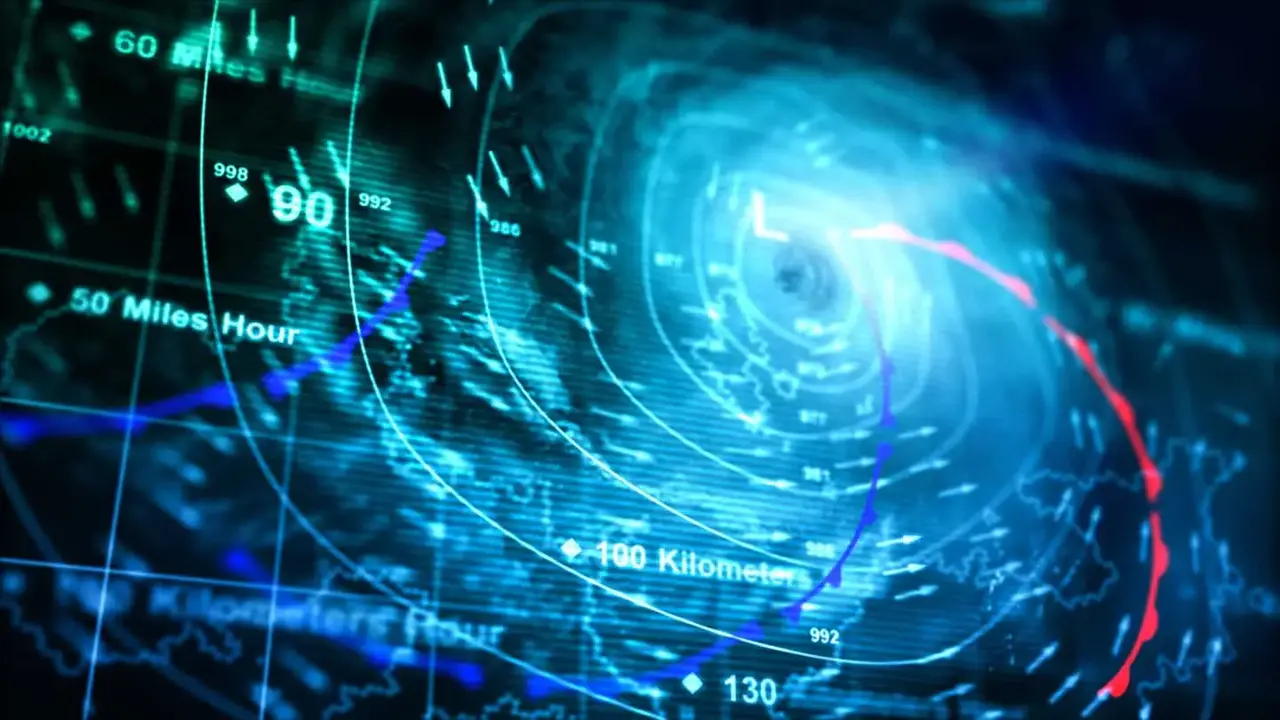India (Commonwealth)_
In a groundbreaking initiative, the Indian Meteorological Department (IMD) is poised to usher in a new era of weather forecasting by incorporating artificial intelligence (AI) models. The move aims to significantly enhance the accuracy of predictions, particularly for severe weather conditions such as floods and droughts. According to K.S. Hosalikar, the Head of Climate Research and Services at IMD, the integration of AI-based climate models and advisories is expected to revolutionize forecasting methodologies.
Traditionally relying on mathematical models and supercomputers for weather predictions, the IMD envisions that the infusion of AI will yield higher-quality and more cost-effective weather data. This strategic shift holds the promise of not only improving forecast accuracy but also making weather data more accessible and affordable. Hosalikar emphasized that AI is already playing a crucial role in generating public alerts for extreme weather events like heat waves and disease outbreaks such as malaria.
The current focus extends beyond mere integration, with plans to expand the network of weather observatories down to the village level. This initiative aims to gather more granular and high-resolution forecasting data, thereby enabling a more nuanced understanding of local weather patterns. Recognizing the diverse climate conditions across the country, accurate and timely weather forecasts are crucial for India’s 1.4 billion inhabitants, who are increasingly vulnerable to the impacts of worsening droughts, heat waves, and intense flooding.
India’s significance in global agriculture further underscores the importance of advanced weather forecasting capabilities. As the second-largest producer of rice, wheat, and sugar, disruptions caused by unpredictable weather patterns can have far-reaching consequences on global food supplies. The implementation of AI in weather forecasting aligns with the government’s commitment to ensuring the resilience of the agricultural sector and mitigating the potential impact of adverse weather events.
To facilitate the seamless integration of AI into traditional weather forecasting, the government has established a dedicated center for testing and experimentation. Workshops and conferences are also in the pipeline, creating a collaborative platform for experts and stakeholders to contribute to the advancement of weather prediction capabilities. The multifaceted approach reflects the government’s commitment to harnessing cutting-edge technologies to address the evolving challenges posed by climate change.
The global tech community has recognized the potential of AI in climate-related endeavors. At the Wired Impact Conference in London, Google’s DeepMind climate action lead, Sims Witherspoon, introduced the “Understand, Optimize, Accelerate” framework. This innovative strategy outlines systematic steps to leverage AI in tackling climate change, emphasizing the importance of understanding climate patterns, optimizing interventions, and accelerating progress toward sustainable solutions.
In parallel with the integration of AI, the weather forecasting landscape has seen the emergence of novel technologies such as blockchain and cryptocurrency. Startups like WeatherXM are leveraging block chain to optimize weather data collection. Deploying hundreds of decentralized weather stations worldwide, WeatherXM gathers local data and incentivizes station owners with utility tokens. This decentralized approach not only enhances the accuracy of weather data but also creates a more inclusive and participatory network for weather monitoring.
As India takes bold strides towards a future where AI plays a pivotal role in weather forecasting, the global community watches with anticipation. The convergence of technology, climate science, and collaborative efforts holds the promise of transforming how we understand and predict weather patterns, ensuring a more resilient and adaptive response to the challenges posed by a rapidly changing climate.








